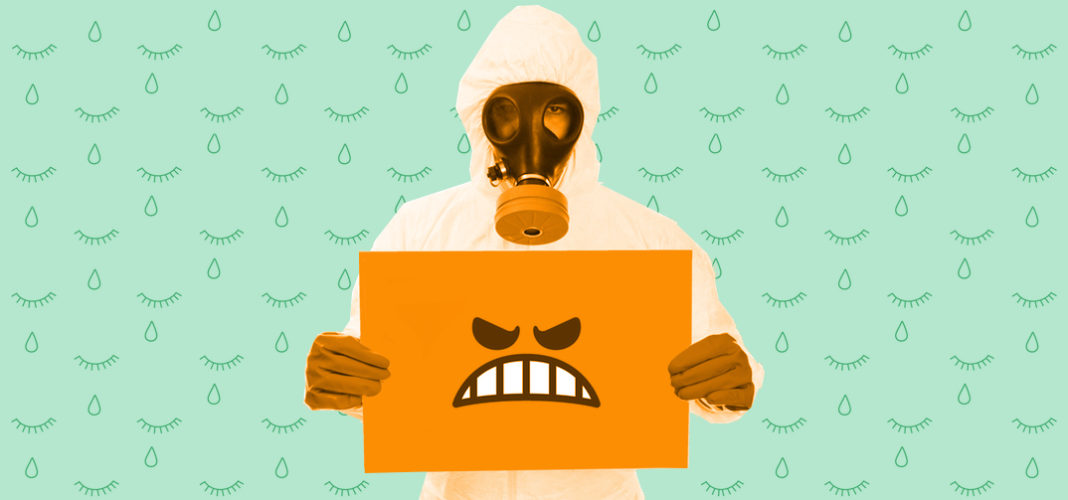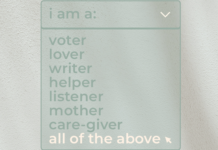Moods are as easy to catch as the common cold. When you see someone coughing and sneezing with watery eyes, you reflexively move away from them. The same strategy is a good one to follow when faced with people in bad moods.
Studies show how moods are easily passed from one person to another. Psychologists describe this phenomenon as “emotional contagion” and outline a three stage process:
The first stage involves nonconscious mimicry, during which individuals subtly copy one another’s nonverbal cues, including posture, facial expressions and movements. In effect, seeing my frown makes you more likely to frown. People may then experience a feedback stage—because you frowned, you now feel sad. During the final contagion stage, individuals share their experiences until their emotions and behaviors become synchronized.
Consider the mood altering experience of attending a business meeting where the leader is in a great mood or in a bad mood. The tone can run from positive and optimistic to defeatist, stressful and anxiety provoking and chances are your mood will be altered accordingly.
Moods are transmitted to those around you. One of the worst things about a bad day at the office is that it doesn’t stay at the office: when negativity follows you home, it also affects the ones you love.
The good news is that the opposite is true, too. Research suggests that one person’s positive feelings can spread to other members of a household. The study looked at “day-specific self esteem” of working couples and found that if one person came home with a high level of confidence about his or her performance on the job, it was more than likely that by bedtime their partner would also be feeling good about their accomplishments that day. If one partner generally had low self-esteem and was more prone to having bad days at the office, then the “crossover” of positivity from a partner who had a good day was even more pronounced.
The bottom line: a good mood is catching. Surround yourself with sunspots and don’t get too close to black holes that might suck you in.
I wish you all the best,
Dr. Samantha Boardman






